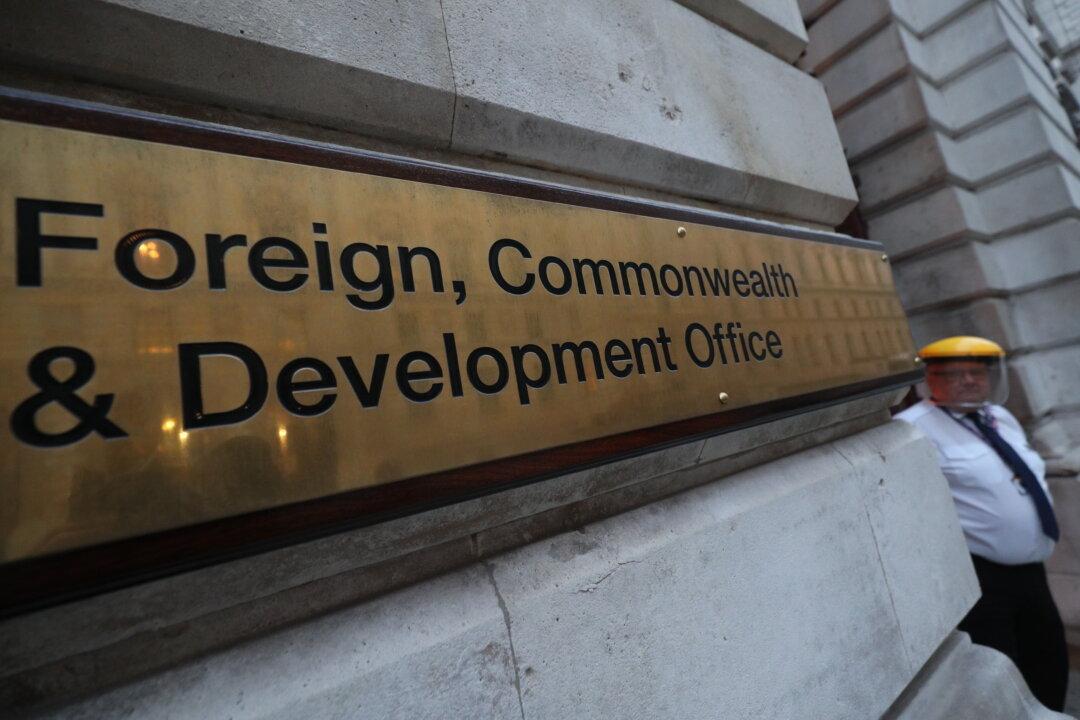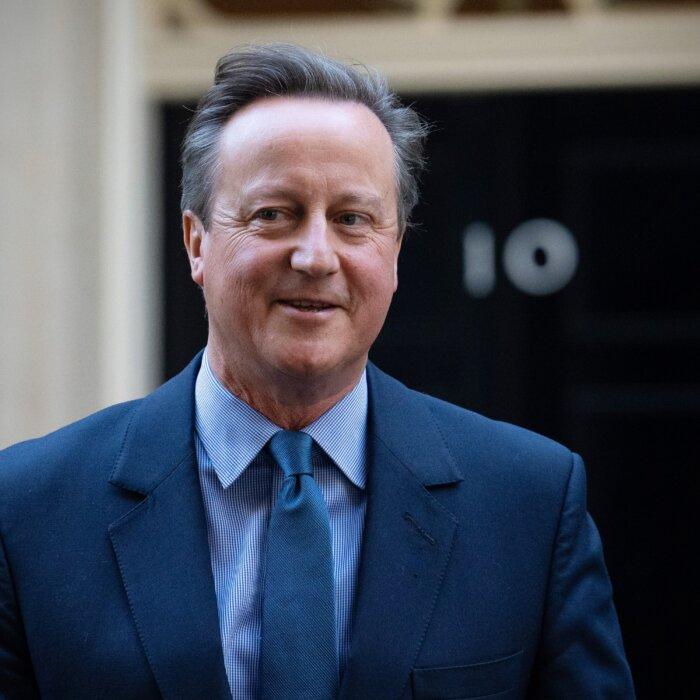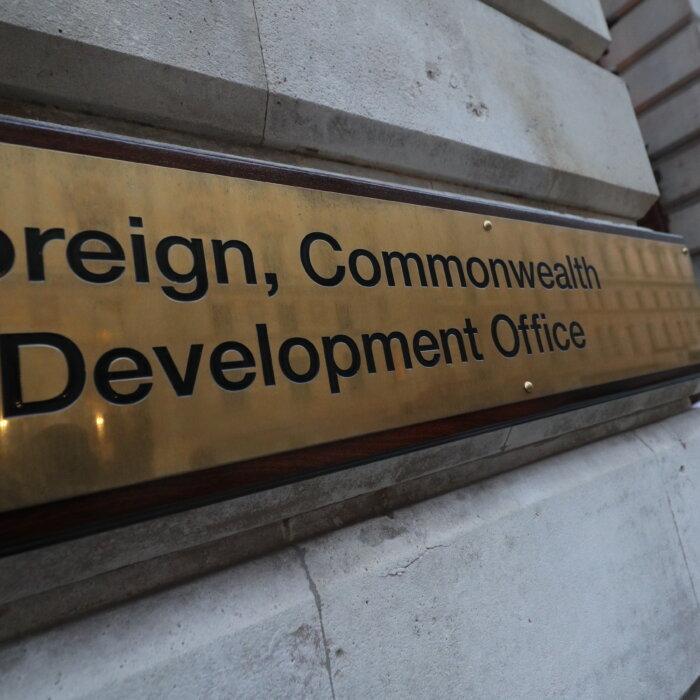A UK aid watchdog has criticised the government for not introducing enough Agenda 2030 “gender-specific programming” in its £11.6 billion international climate finance commitment.
The UK government says that it remains committed to delivering on £11.6 billion over a five-year period to 2025–2026, which it pledged in 2019.
However, the watchdog said that the government has “moved the goalposts” by changing how it calculates the target and reviewing existing aid programmes to include as international climate finance (ICF).
It said that it heard from external stakeholders that “trust in UK climate leadership has decreased” as a result of uncertainty about the UK meeting its multi-billion-pound commitment owing to recent changes to how this is measured, as well as its rolling back of domestic net zero policies.
Gender Appears to Be Decreasing
The report said that British International Investment (BII), the development finance institution of the UK government, will contribute £266 million to ICF.Approximately 70 percent of BII’s portfolio is in equity investments, and over half of that (57 percent) is in Africa.
‘Gender-Specific Programming’
Despite this, ICAI said it in its report that the government is not introducing enough “gender-specific programming” in its international climate finance commitment.It said that 48 percent of ICF programmes do not apply the “gender marker.”
According to the OECD-DAC, a forum where donor countries come together to discuss and coordinate their aid policies and practices, the gender equality policy marker is necessary to track bilateral aid in support of the SDGs’ commitments on gender equality.
The government has previously pledged to increase the use of the gender marker. In November, the Foreign, Commonwealth and Development Office released a white paper stating that “SDGs give us the possibility of great global progress. But the scale of the challenges means we have to go beyond traditional ideas of aid.”
Climate Change
ICAI said that 12 SDGs were relevant to its review including Goal 7, which is about “ensuring access to clean and affordable energy,” with calls to move away from fossil fuels such as coal, oil, or gas and increasing investments in renewable energy.Chief Commissioner Tamsyn Barton, who led the review, said: “With so many pressures on UK aid in the past few years, it is welcome that the government continues to reaffirm its ambitious pledge on climate finance, which is key to helping the most vulnerable countries adapt and respond to global warming.
“But we are concerned that by altering its accounting methods and identifying existing spend as international climate finance to include that funding in the total, rather than providing new money, the UK is offering less additional assistance than was originally promised.
“It may also not be as suited to the needs of the most vulnerable countries at risk from climate change, notably the least developed, conflict-affected and small island developing states.”
The Epoch Times contacted the Foreign, Commonwealth and Development Office for comment.
PA Media contributed to this report.







